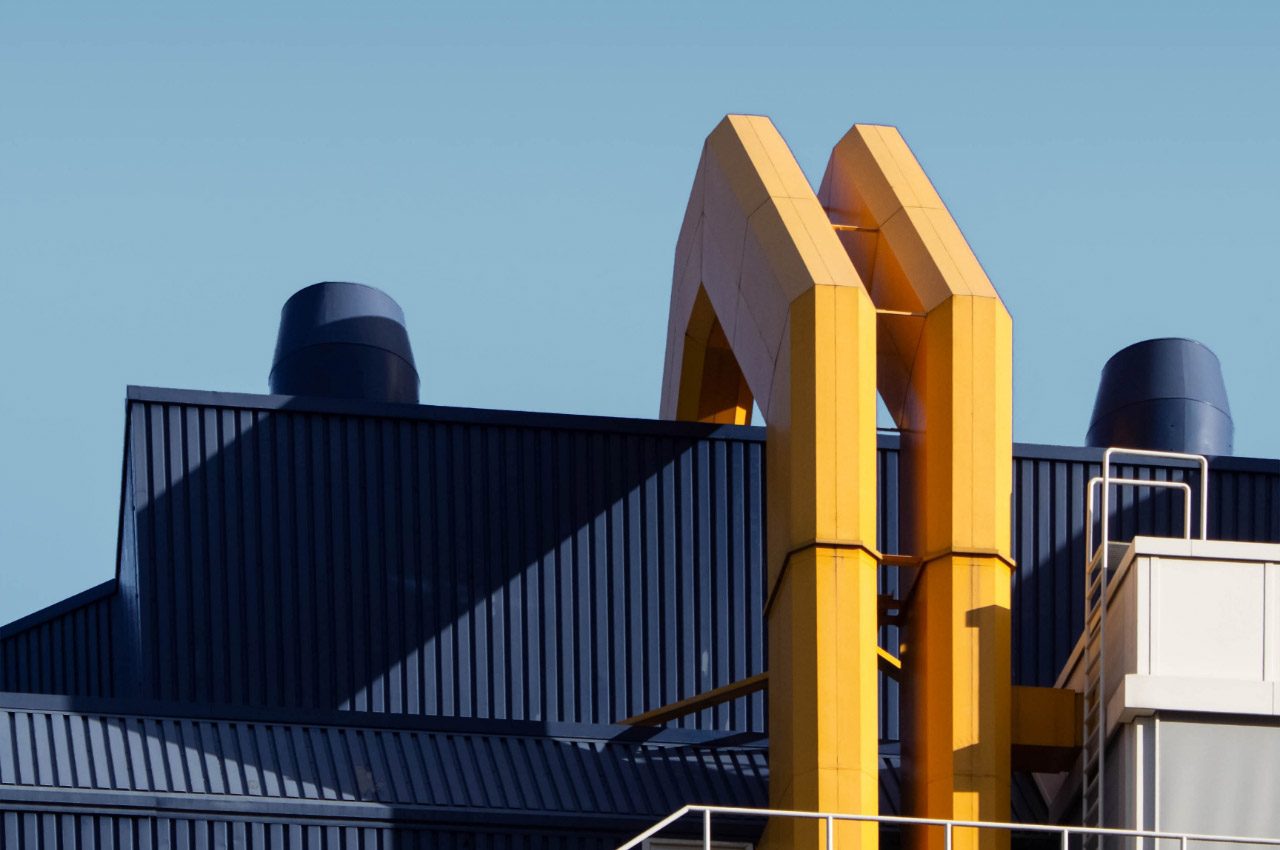
Cement and concrete innovation landscape map
Cement production is roughly 8% of global emissions, and the root causes are grounded in technical and economic complexities

A Primer on Demand Led Innovation for the Climate Transition
What is demand led innovation?

Preserving Customer Choice vs. Effective Heat Decarbonisation: A delicate balance
Preserving the sanctity of customer choice is an integral part of our society but may be a barrier to achieving effective heat decarbonisation

How can foundation industry SMEs become more innovation active in their journey to Net Zero?
Carbon Limiting Technologies (CLT) recently completed a 9-month programme, commissioned by Innovate UK under the Transforming Foundation Industries (TFI)

Corporate roundtable 2: De-risking and financing Cleantech for corporates
The transition to a net-zero economy requires urgent action to scale up clean technologies.

Corporate roundtable 1: Challenges in the scale-up of cleantech being used to address corporate decarbonisation
White Paper Based on Corporate Roundtable Discussions

World Future Energy Summit 2025 – CLT Selected as Official Innovation Partner
CLT is curating a group of breakthrough female-founded cleantech innovators to be showcased at the World Future Energy Summit’s Climate Innovation Exchange

Business Green 2024 Awards: leadership of Beverley Gower-Jones, Carbon Limiting Technologies CEO and Managing Partner of Clean Growth Fund, recognised
Beverley’s determination to establish and launch the Clean Growth Fund, coupled with her work in the UK clean tech sector over the past 15 years, has been recognised by the Business Green Annual Awards, which were held last week.